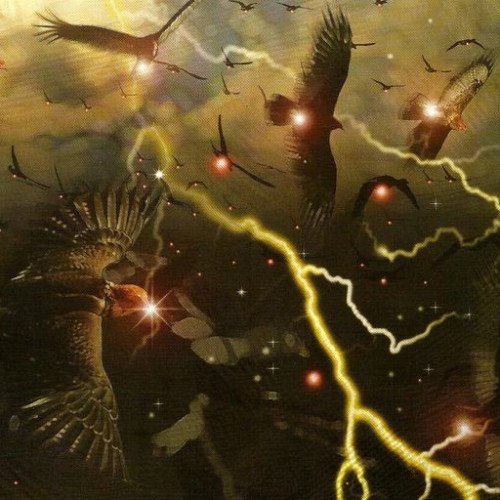Ababil (mythology) VS Bunyip

Ababil (mythology)
Ababil (Arabic: أبابيل, romanized: abābīl) means a flock of birds. It refers to the miraculous birds in Islamic belief mentioned in Sura 105 of the Quran that protected the Kaaba in Mecca from the Aksumite elephant army of Abraha, then self-styled governor of Himyar, by dropping small clay stones on them as they approached. In the translation of sahih international, the phrase "tayran abābīl(a)"(طَيْرًا أَبَابِيلَ) is translated as "Birds in flocks" that is mentioned in the verse 105:3. The event is said to have occurred in 570, the year that the Islamic prophet Muhammad was born.
Statistics for this Xoptio

Bunyip
The bunyip is a large mythical creature from Australian Aboriginal mythology, said to lurk in swamps, billabongs, creeks, riverbeds, and waterholes. The bunyip was part of traditional Aboriginal beliefs and stories throughout Australia, while its name varied according to tribal nomenclature. In his 2001 book, writer Robert Holden identified at least nine regional variations of the creature known as the bunyip across Aboriginal Australia. The origin of the word bunyip has been traced to the Wemba-Wemba or Wergaia language of the Aboriginal people of Victoria, in South-Eastern Australia. Europeans recorded various written accounts of bunyips in the early and mid-19th century, as they began to settle across the country.